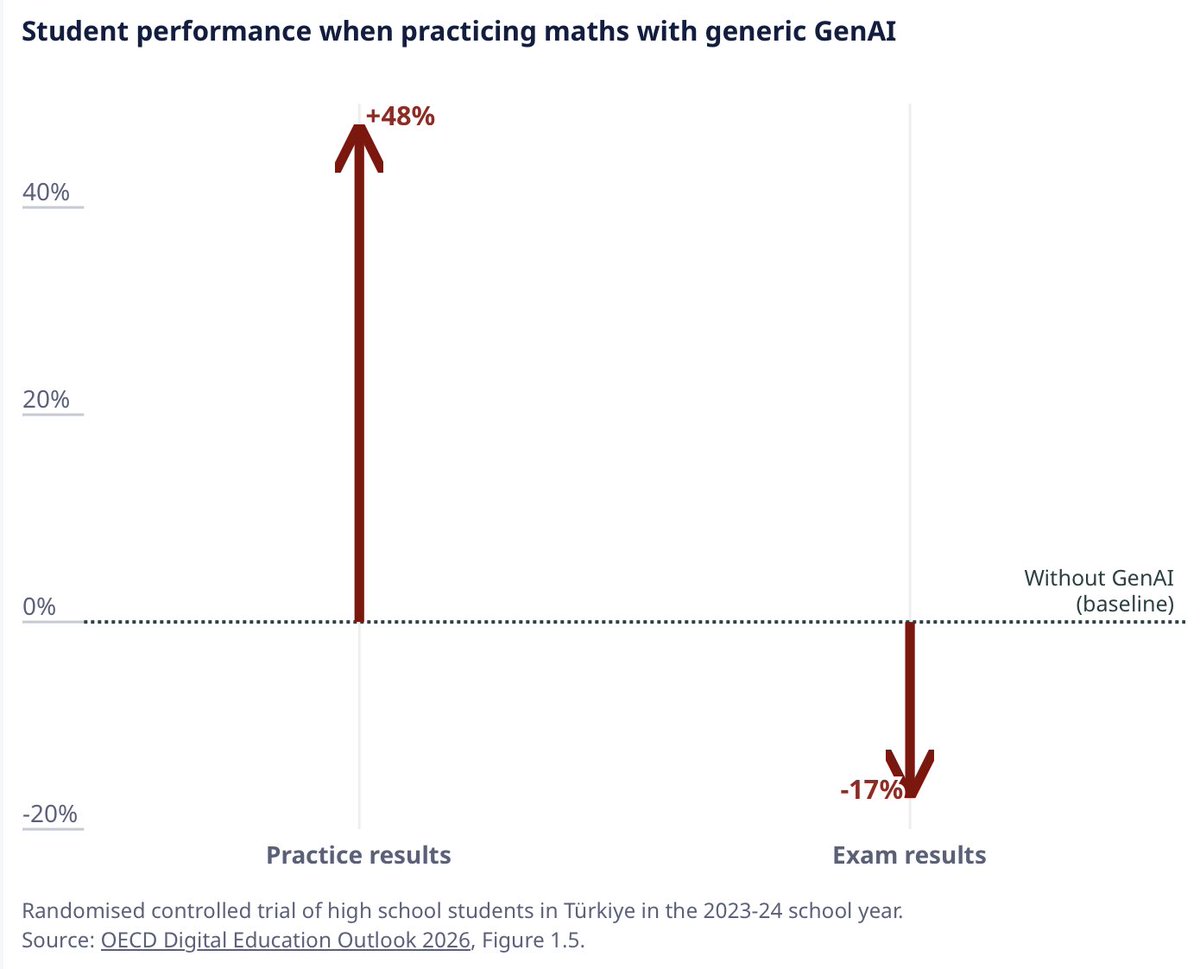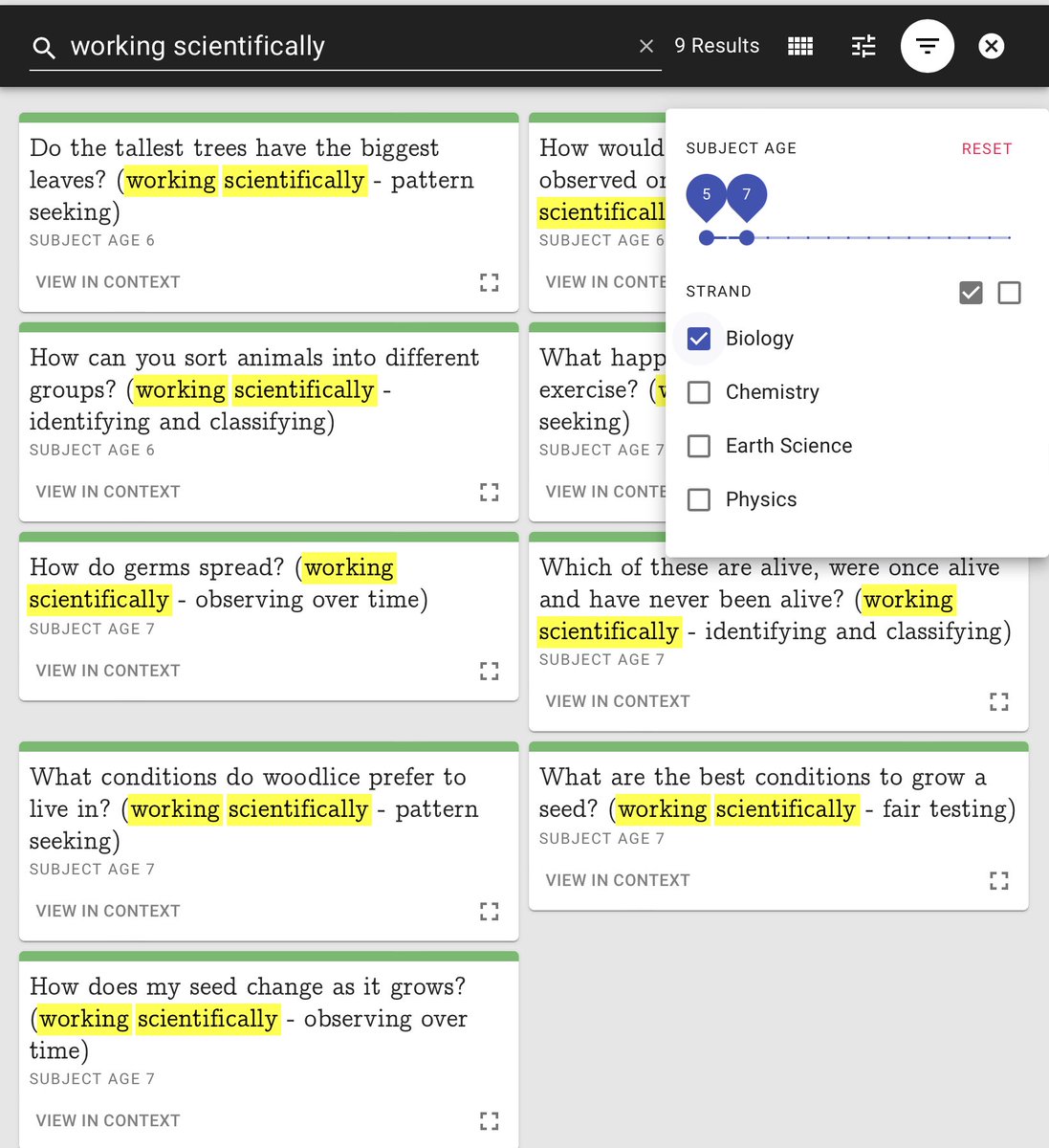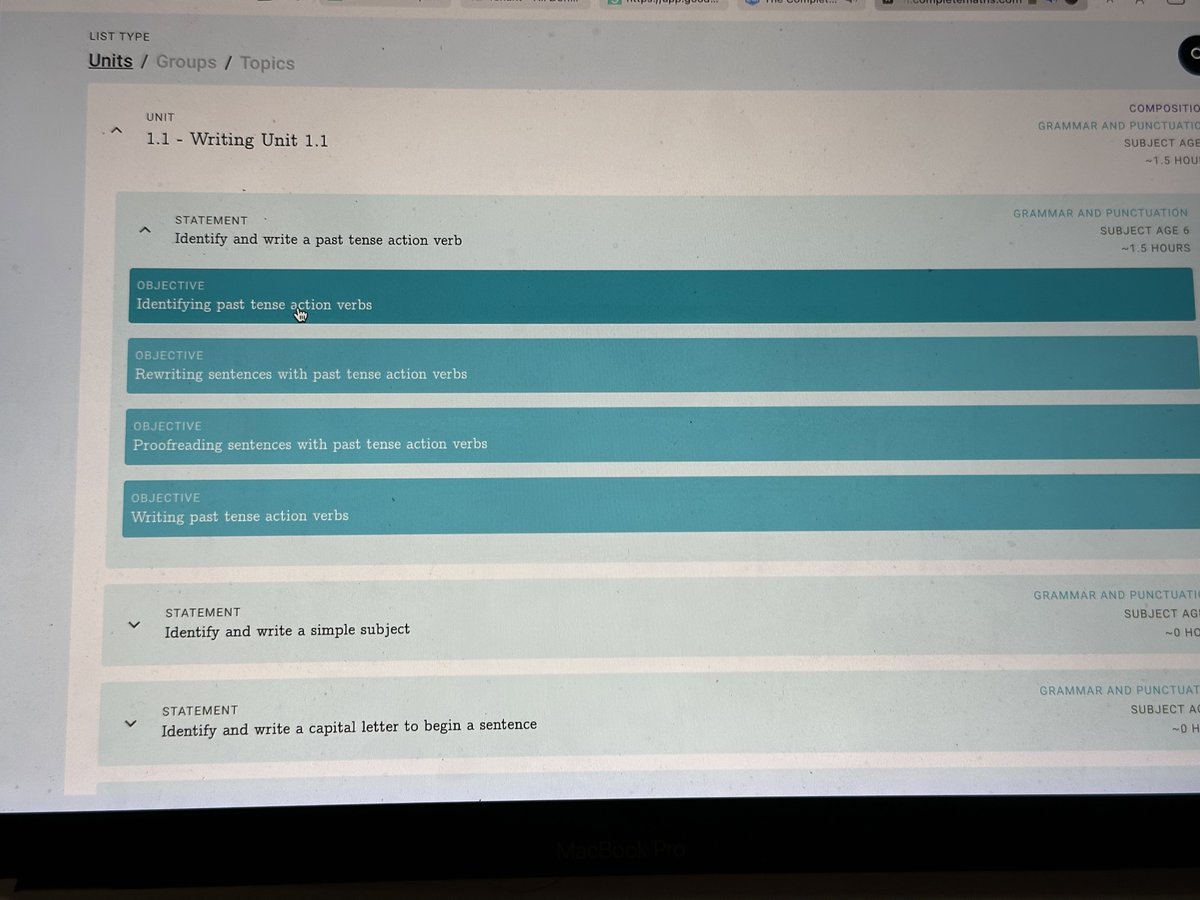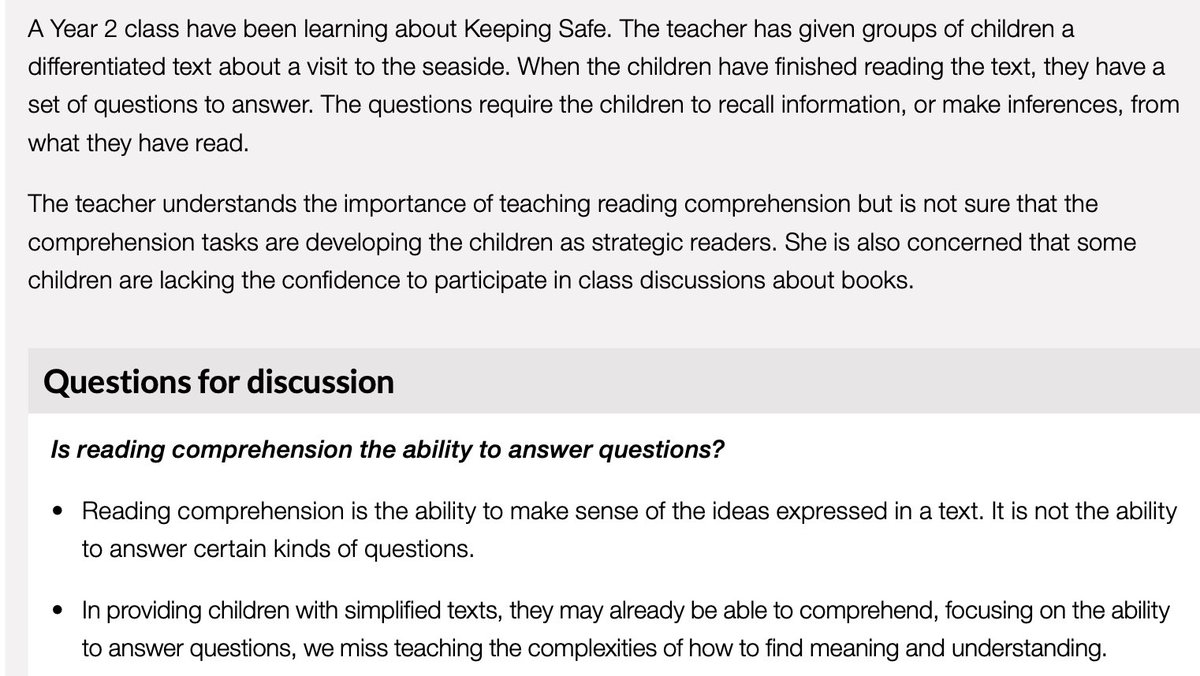
📚Evidence-informed Education 🧑🏫 Teaching & Learning 🤖Purposeful AI 🧠CPD. Currently working for a Teaching School Hub.
How to get URL link on X (Twitter) App





https://twitter.com/JohnCattEd/status/1849775473426833860This is an issue though because of number 2.

 Litmaps is great as you can build a collection of articles and you can see connections within that collection. When you hover over a ‘node’ it shows those direct connections to that particular paper. We had read 48 articles/books about variation.
Litmaps is great as you can build a collection of articles and you can see connections within that collection. When you hover over a ‘node’ it shows those direct connections to that particular paper. We had read 48 articles/books about variation. 

https://twitter.com/bennewmark/status/1652615643206766592can make to shift the balance in favour of those that find learning difficult, particularly those in the earlier parts of primary school where, from my experience, the gaps open and never narrow. Those that grasp place value, numerosity, learn to decode fluently and regulate…




 As with the current Complete Maths Mathematics Curriculum, you are not getting a ppt and a worksheet. We believe that the best lessons do come from the intellectual wrestling that teachers do in thinking about lessons. Our ambition is for this to be a great depository on…
As with the current Complete Maths Mathematics Curriculum, you are not getting a ppt and a worksheet. We believe that the best lessons do come from the intellectual wrestling that teachers do in thinking about lessons. Our ambition is for this to be a great depository on… 

 As you can see from the above across the curriculum there are 52 objectives that fall within ‘working scientifically’.
As you can see from the above across the curriculum there are 52 objectives that fall within ‘working scientifically’.






 Each unit is made of various statements - think of these as ‘big ideas’ that students need to know- and also a composition statement. These can be thought of as an opportunity to apply what they have learnt, but to also learn about how to plan writings for audience and purpose.
Each unit is made of various statements - think of these as ‘big ideas’ that students need to know- and also a composition statement. These can be thought of as an opportunity to apply what they have learnt, but to also learn about how to plan writings for audience and purpose. 

 colleagues across primary and secondary understand what their journey has been like from Y1 and how we can best teach some of these ideas. It’s very much ‘beta’ right now. At STEP we are still full time leaders and teachers who are going through each granular goal…
colleagues across primary and secondary understand what their journey has been like from Y1 and how we can best teach some of these ideas. It’s very much ‘beta’ right now. At STEP we are still full time leaders and teachers who are going through each granular goal…

 2:
2:
https://twitter.com/Mr_AlmondED/status/1555138215153213440Part 2
https://twitter.com/Mr_AlmondED/status/1555472372454629376
https://twitter.com/rlrossi64/status/1324785639225786373B) Teacher explanation contains too much information, not always relevant with some ad hoc improv which leads to less time for student practice.


 The big daddy of analysis into Reading Instruction is the National Reading Panel of 2000. They looked at 203 papers on comprehension and found that ‘instruction of comprehension has been successful over the 3rd to 6th grade range.’
The big daddy of analysis into Reading Instruction is the National Reading Panel of 2000. They looked at 203 papers on comprehension and found that ‘instruction of comprehension has been successful over the 3rd to 6th grade range.’